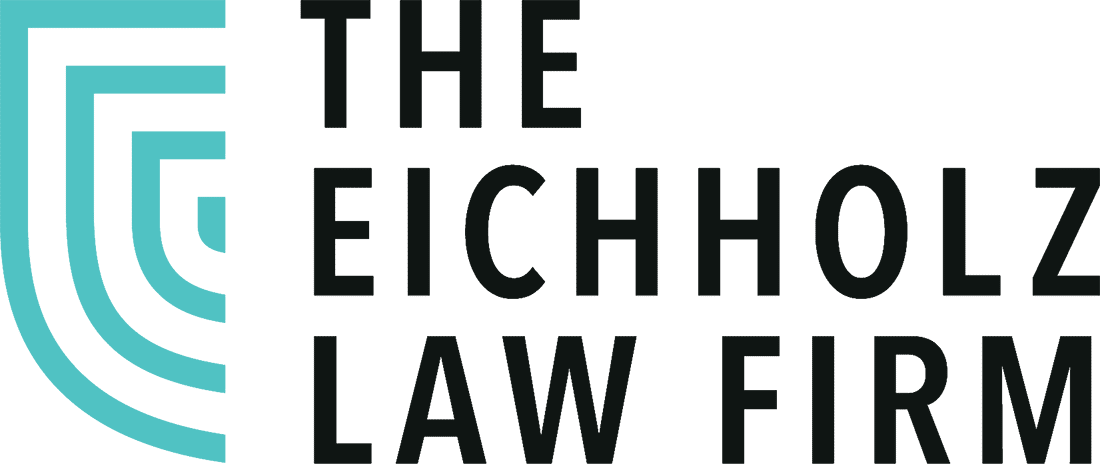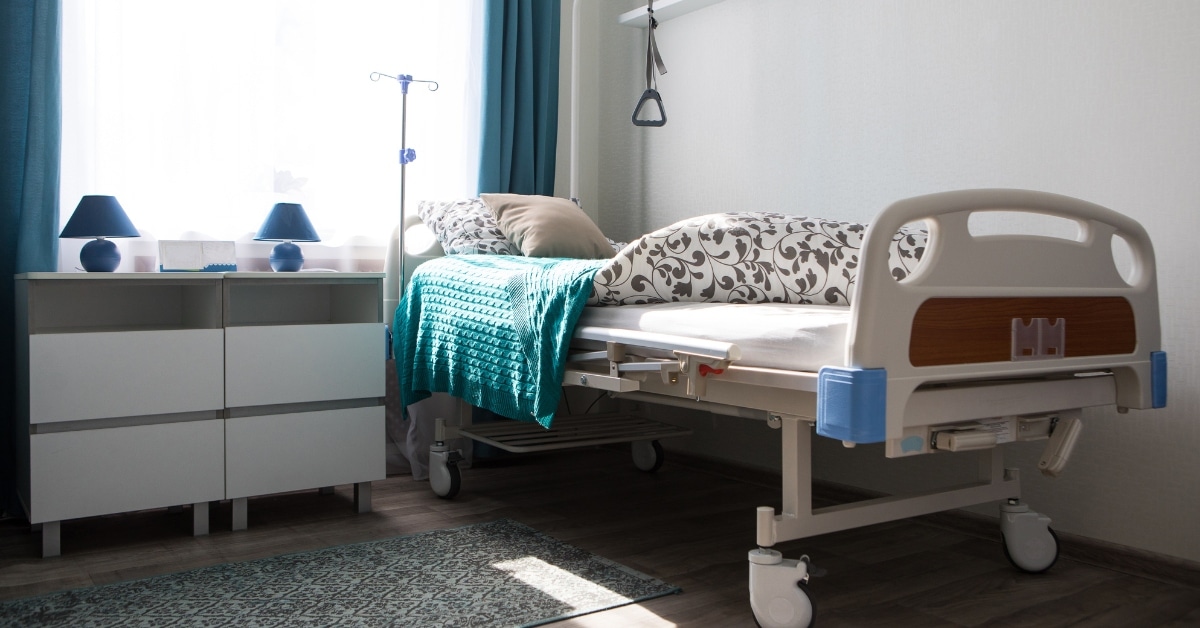Deciding to put a family member into a nursing home isn’t easy. While many wonderful nursing homes put your loved one’s health and safety above all else, some nursing homes are harmful to the physical and mental well-being of your loved one. Signs of abuse may be discreet, but noticing them or asking your loved one about their experience can help you make the best decision possible for their future.
What is Nursing Home Abuse?
Nursing home abuse is characterized as intentional or unintentional harm caused to nursing home residents that results in trauma to the individual, a medical emergency, or death. This form of abuse has become very common for the World Health Organization (WHO), who reported that 1 in 6 elders experience nursing home abuse every year. Additionally, of those who have experienced nursing home abuse, only 4% of cases are reported. Nursing home abuse can be divided into a few different categories such as:
- Neglect- This occurs when a nursing home neglects a resident’s needs and does not provide proper care to them. Some examples of this type of abuse include not maintaining a resident’s hygiene, leaving them unattended for long periods of time, not reporting illnesses to the family, and making errors with a resident’s medication.
- Abandonment- Occurs when nursing home staff ignores a resident’s needs. They could simply not visit the resident’s room and take care of their needs or leave them in certain areas, for example, in a wheelchair in the hall, without checking on them.
- Emotional abuse- Occurs when a nursing home staff uses words or actions that emotionally or psychologically harm a resident. This could involve being overly controlling, threatening a patient, isolating a patient, or insulting them.
- Physical abuse- This type of abuse involves a nursing home resident suffering bodily harm. This could include being hit, kicked, shoved, or being unfairly physically restrained.
- Sexual assault- occurs when a resident experiences unwanted sexual advances by nursing home staff. This could include unwanted groping, touching, or sexual advances.
- Financial exploitation- This occurs when a nursing home staff member coerces a resident to give them money or simply steals money from a resident. Examples of this include stealing credit cards, cash, valuables, bank statements, and misusing a power of attorney to manipulate a resident’s will.
Any of these types of abuse can greatly impact the well-being of your loved one. It can be difficult to notice the signs of abuse; however, there are some blatant signs that your loved one has experienced some form of abuse. The most common behaviors and signs that your loved one has experienced nursing home abuse are:
- Broken or fractured bones
- Bedsores
- Cuts and bruising
- Infection
- Illness
- Malnutrition
- Unexplainable STDs
- Dirty clothes and bedsheets
- Suicidal thoughts and ideations
- Anxiety
- Depression
- PTSD
- New bank accounts or newly opened credit cards
- Strange bank transactions
- Staff giving residents improper medications
- Staff refusing resident’s requests
- Staff acting disrespectful or rude to a resident
If you have seen any of these signs in your loved one, it may be time to remove them from the care facility and get in contact with a reputable nursing home abuse attorney to begin litigation. While this may seem drastic, filing a nursing home abuse lawsuit is the only way to hold these homes accountable for the injuries and abuse they cause their elderly patients.
Why Do Nursing Homes Restrain Patients?
While restraints are not used as often as decades ago, they are still used in nursing homes. There are certain situations where it is fully legal to utilize restraints on a resident, however inhumane it seems to the average person. Restraints are typically used if a resident is at high risk of falling, if they are very aggressive towards other residents or staff, they may be restrained for their safety, or because they have a serious medical condition that weakens them significantly.
When speaking about restraints, there are two distinct types that may be used depending on the situation surrounding the resident in question. The two types of restraints used in nursing homes are:
- Physical restraints- These are devices or equipment used to confine a resident to their bed. They can include ropes, hook and loop fasteners, arm and leg restraints, hand mitts, and bed rails.
- Chemical restraints- This type of restraint involves the use of sedative drugs that subdue residents. This includes psychotropic drugs as well as antipsychotic medications and anti-seizure drugs.
These restraints are not to be used as a form of punishment for residents, to control a patient, or make caring for them easier. Restraints can cause a variety of nursing home injuries to residents if misused or without cause. Some of these injuries include:
- Bruising on the wrists and ankles
- Sores
- Rope burns
- Muscular atrophy
If you have noticed any of the above injuries on your loved one, it could be a sign that they are experiencing or have experienced a form of restraint. Nursing home injuries can reach further than physical damage and can even begin to cause a decline in your loved one’s mental health. It is important to remove your loved one from a nursing home if you have found any injuries that the home in question could have caused. Unfortunately, nursing home injuries have become commonplace; however, there are options for how to continue after the abuse has been noticed.
What To Do If Your Loved One Has Been Unfairly Restrained
No one wants their loved one to be unfairly restrained, especially by those who were supposed to care for them. If you have noticed alarming signs that your loved one has been unfairly restrained or witnessed firsthand the restraints used on them, you may want to move them out of that nursing facility and contact an attorney to file a claim on their behalf. Nursing homes are meant to provide your loved one with a safe and protective environment, and if they fall short of that promise, they should be held accountable. If you are planning a nursing home abuse lawsuit, you will need to find an experienced and helpful nursing home abuse attorney. Many wonderful nursing home abuse attorneys are available for those who want to seek legal action against the facility that hurt their loved one.
Contact The Eichholz Law Firm
If your loved one has experienced significant nursing home abuse or unfair restraint within a nursing home, contact our attorneys. We want to help you and your loved one during this trying time and hold these nursing homes accountable for the harm they have caused. If you believe that you have a case, call us at 855-551-1019 or fill out our form on our website for a free case evaluation.

